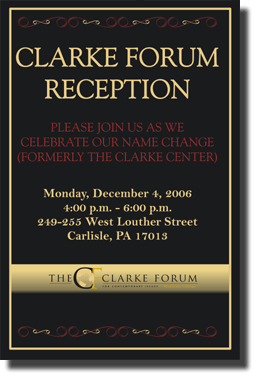Vinton Cerf
Priestley Award
Tuesday, September 25, 2007
7:00 p.m. – Anita Tuvin Schlechter Auditorium
Social, Technical and Economic Consequences of the Internet Evolution
Vinton Cerf, one of the founding fathers of the internet, will discuss new internet products and services that may be appearing over the next decade. He will also explore the business consequences of dramatic changes in the economics of computing, networking and international demographics. Dr. Cerf will receive the Priestley award for his key technical and managerial role in the creation of the Internet, in particular, for leading the development of the TCP/IP protocols. Co-sponsored by the mathematics and computer science department.
Issue in Context
It is difficult to identify anything that has changed our lives to the extent that the Internet has. While the 19th century industrial revolution led to manufacturing prowess, expanding GDP and an increase in per capita purchasing power, the technological revolution which so much of Dr.Cerf’s work represents has captured the essence of human evolution and has taken us places previously incomprehensible. Who would have imagined that we could one day monitor the progress of our washer/dryer from our office desk? Who would have imagined that we could one day browse BBC online Read more


















